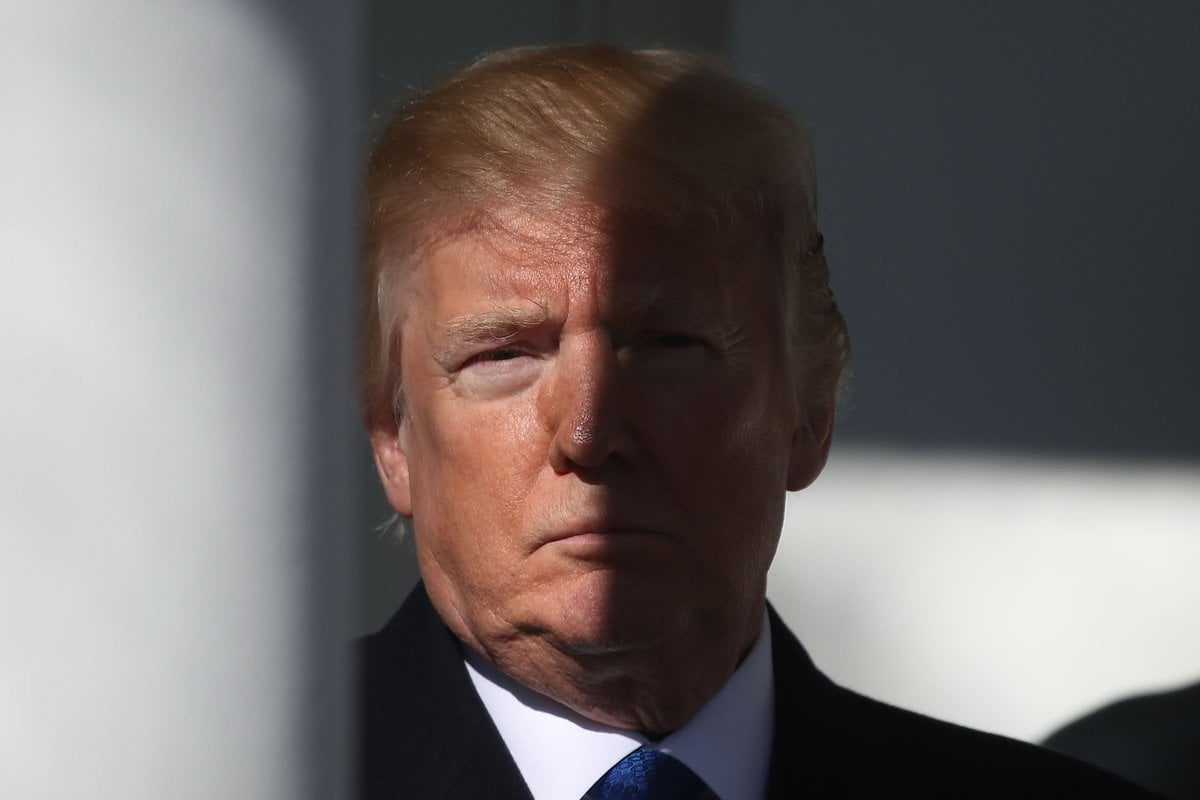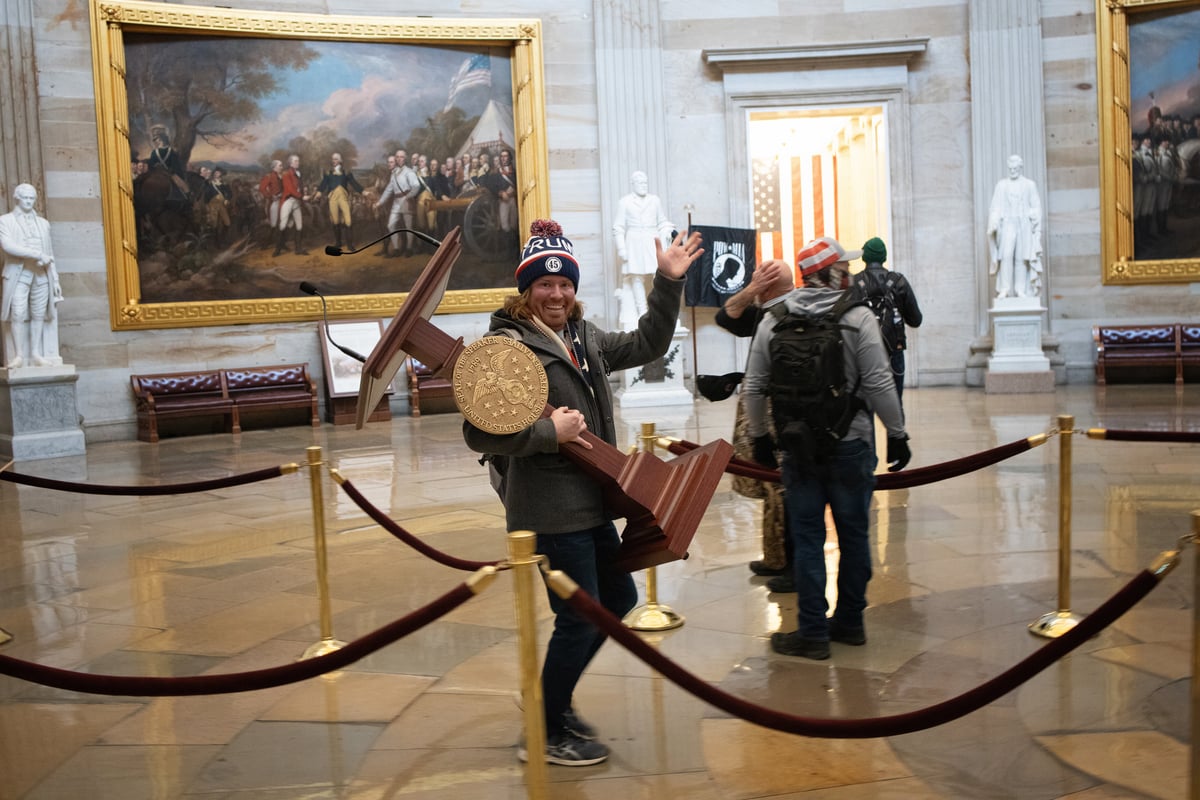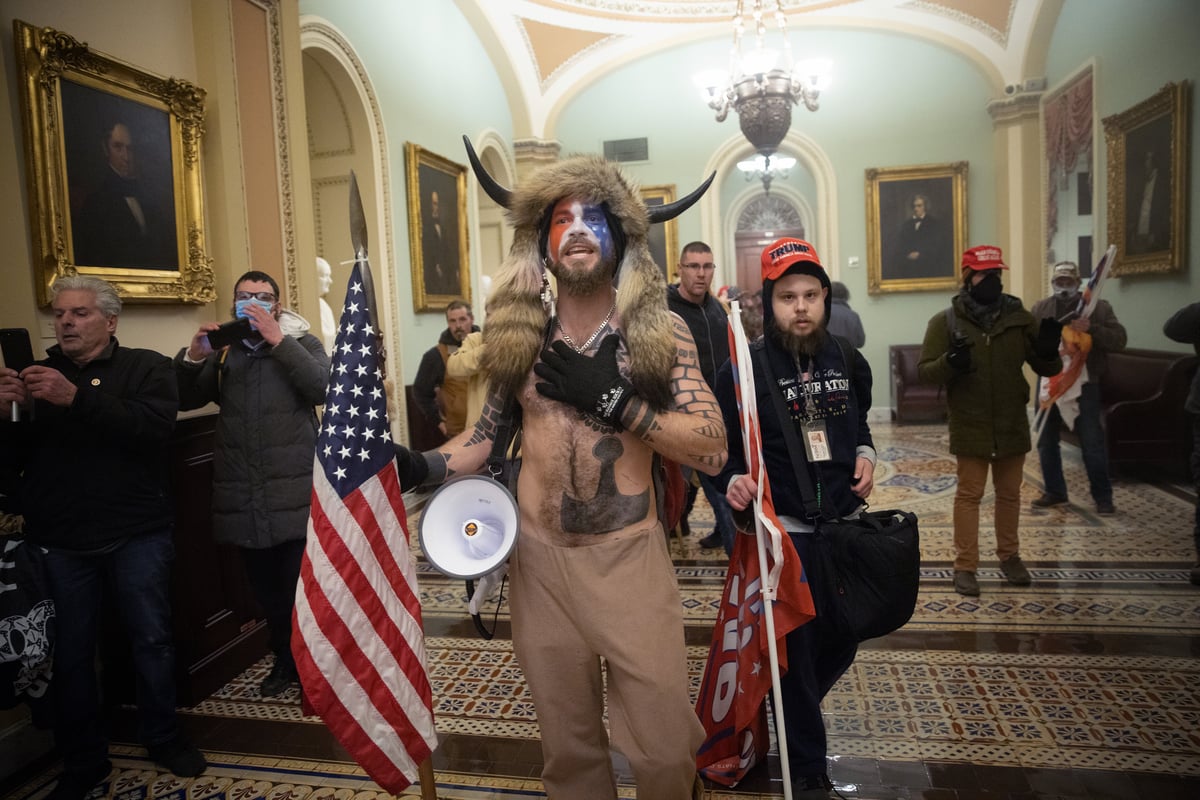
In the former US president's second impeachment trial in a year, the US Senate has acquitted Donald Trump for inciting a riot on the US Capitol on January 6, 2021.
On Saturday morning, local time, the US Senate voted to convict 57-43 - ten votes short of the required two-thirds needed to find Trump guilty.
Here are four important takeaways from the historic impeachment trial.
This was the most bipartisan impeachment trial in US history.
Despite the acquittal, this impeachment trial garnered the most bipartisan support for conviction in US history.
Of the 50 republicans in the Senate, seven of them broke party ranks to vote to convict Trump.
Voting to find the former president guilty were Republican senators Richard Burr of North Carolina, Bill Cassidy of Louisiana, Susan Collins of Maine, Lisa Murkowski of Alaska, Mitt Romney of Utah, Ben Sasse of Nebraska and Patrick Toomey of Pennsylvania.
Former Republican presidential candidate Mitt Romney said Trump "incited the insurrection against Congress by using the power of his office to summon his supporters to Washington".
“He did this despite the obvious and well-known threats of violence that day. President Trump also violated his oath of office by failing to protect the Capitol, the vice president and others in the Capitol. Each and every one of these conclusions compels me to support conviction," Romney said in a public statement.
My statement on today’s impeachment vote: pic.twitter.com/Hfk8yqToPr
— Mitt Romney (@MittRomney) February 13, 2021



Top Comments
The 14th Amendment - 3rd section.
A bill can be passed preventing Trump from running again as it refers to the fact that anyone who contributes to an insurrection is invalid.
This time it won't rely on a number of Republican votes.
The prosecution needed this trial to expose the damning video evidence to American voters and viewers worldwide.
This wanna-be dictator should have read his country's constitution.
An ignominious time for Republicans, marking a significant deviation from America's proud devotion to democracy.
Trump's 'radiant' future?
Mark this day gravely and well,
As the land of the free's stepped closer to hell.